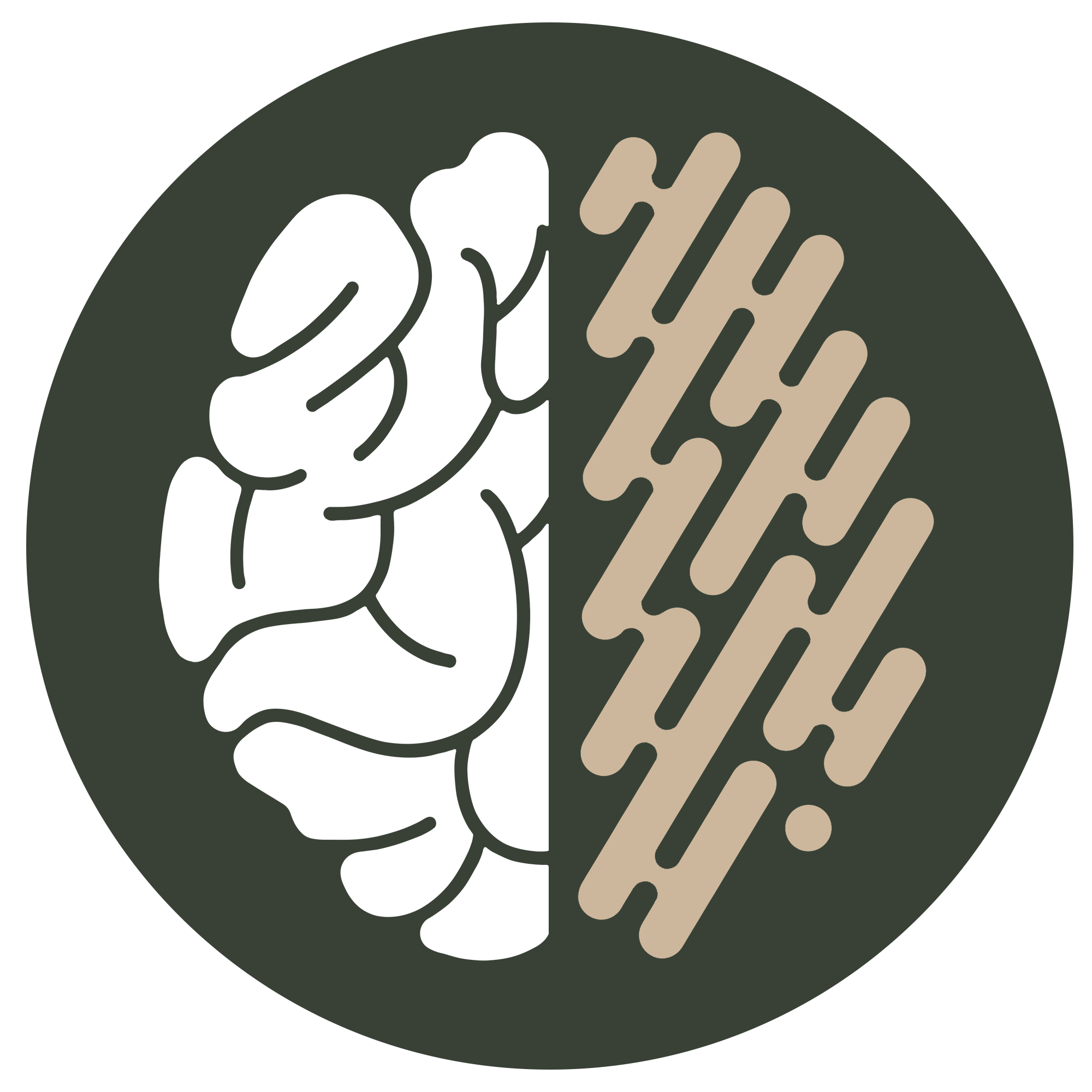Tourette Syndrome (TS) is a neurological disorder characterised by repetitive, involuntary movements and vocalisations known as tics. Studies suggest that abnormalities in certain regions of the brain and neurotransmitters may play a role in the development of TS. Strong evidence also supports a genetic origin of TS, although no specific gene has been identified,
Tourette Syndrome is defined by the presence of both motor and vocal tics, which can vary widely in complexity, frequency, and severity.
Tics typically manifest in childhood and can fluctuate over time. While some individuals may experience a reduction in tic severity or frequency in adulthood, others may continue to have significant symptoms.
It’s important to note that the presence of tics does not impact intelligence or cognitive ability.
Myth:
Fact:
“Coprolalia”, the involuntary utterance of inappropriate or obscene words, occurs in only a small percentage of individuals with TS. Tics can be a wide range of motor or vocal behaviours, not limited to swearing.
Myth:
Fact:
Tics are involuntary and cannot be controlled through sheer willpower. While some individuals may temporarily suppress certain tics, this can lead to discomfort and an eventual increase in tic frequency or intensity.
Living with Tourette Syndrome can be challenging, especially with the misconceptions surrounding the disorder. Individuals commonly experience social anxiety, embarrassment, or frustration related to their tics.
Tourette Syndrome often co-occurs with other conditions, such as Attention Deficit Hyperactivity Disorder (ADHD), Obsessive-Compulsive Disorder (OCD), anxiety disorders, and learning disabilities.
Some of the more common symptoms of Tourette’s include:

Motor Tics
Unintentional blinking, shrugging, or jerking movements, and complex tics like facial grimacing, hopping, or touching objects.

Vocal Tics
Unintentional coughing, sniffing, or grunting, while complex vocal tics might involve repeating words or phrases, sometimes including socially inappropriate or taboo words or phrases (coprolalia).

Waxing and Waning
The intensity and frequency of tics can vary over time and can be influenced by stress, excitement, or relaxation.
Strengths & Talents Associated with Tourette’s:
Despite challenges with motor skills, individuals with Tourette Syndrome often have significant strengths, including:
Resources
Qi, Y., Zheng, Y., Li, Z., & Xiong, L. (2017). Progress in genetic studies of Tourette’s syndrome. Brain Sciences, 7(10), 134. https://doi.org/10.3390/brainsci7100134



